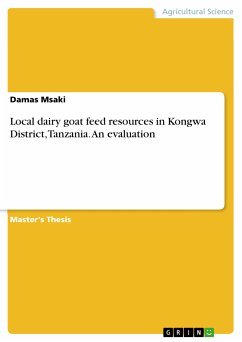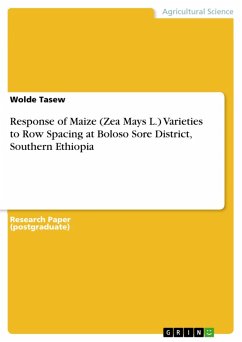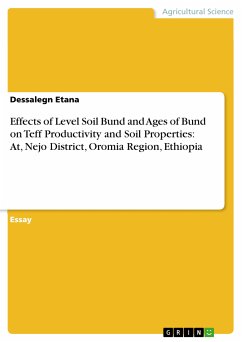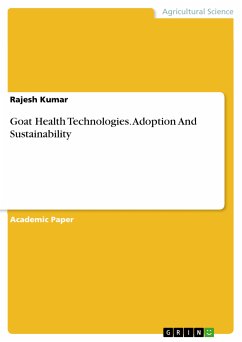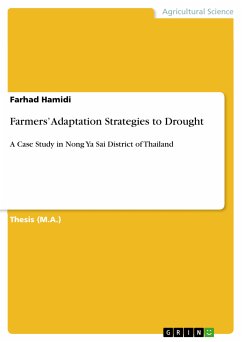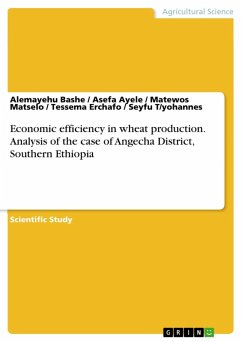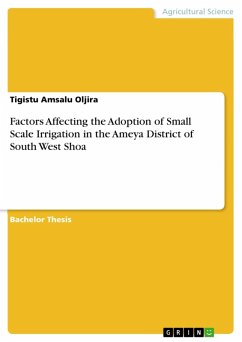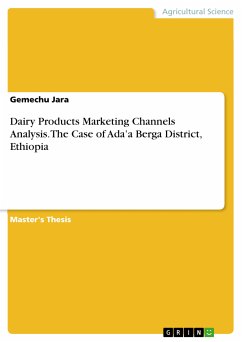Master's Thesis from the year 2014 in the subject Agrarian Studies, Sokoine University of Agriculture (Department of Animal, Aquaculture and Range Sciences), course: Master of Science in Tropical Animal Production, language: English, abstract: The main objective of this study was to assess the nutritive value and suitability of leaf meals from locally available leguminous trees as sources of protein in supplementary diets of dairy goats kept by small-scale farmers in Kongwa District. Dairy goats play vital roles in social and economic welfare of rural societies in Tanzania. It serves as a means for capital accumulation, income generation, provision of animal protein and manure for fertilization of crop fields. In Kongwa district, for instance, the majority of rural and poor farmers keep dairy goats. Goats are preferred by rural poor people because of many desirable factors, among them being their tolerance to harsh environment, small size, short generation interval, low labour requirements and relatively low initial capital investment. By having four chambered stomachs, goats are able to utilize food materials like roughages and shrubs that are inedible by humans and convert them into edibles such as meat and milk. There is a vicious cycle of poverty in Kongwa District. Small farmers in the district have low income, caused by low production capacity and, hence, low savings that brings down their capacity to invest from various enterprises surrounding them. Several initiatives for development of stakeholders have tried to intervene the situation so as to break down the cycle by advocating and introducing improved dairy goats in the area, among them being Heifer Project International (HPI), Dodoma Micro-projects Programme (D.M.P.P) and World Vision Tanzania (WVT). In recent years, there has been an increase in interest for smallholder farmers to keep dairy goats. This follows foreseeing benefits of keeping these improved breeds. Kongwa district is one of the areas where smallholder farmers have shown such kind of interest. Competition for fodder has increased tremendously as the number of dairy goats increased, leading to higher scarcity of the feed resources for goat feeding, especially during dry season. Furthermore, farmers' knowledge with regard to pasture establishment, feed conservation and protein/ or energy supplementation in the study area is still low.
Dieser Download kann aus rechtlichen Gründen nur mit Rechnungsadresse in A, B, BG, CY, CZ, D, DK, EW, E, FIN, F, GR, HR, H, IRL, I, LT, L, LR, M, NL, PL, P, R, S, SLO, SK ausgeliefert werden.

